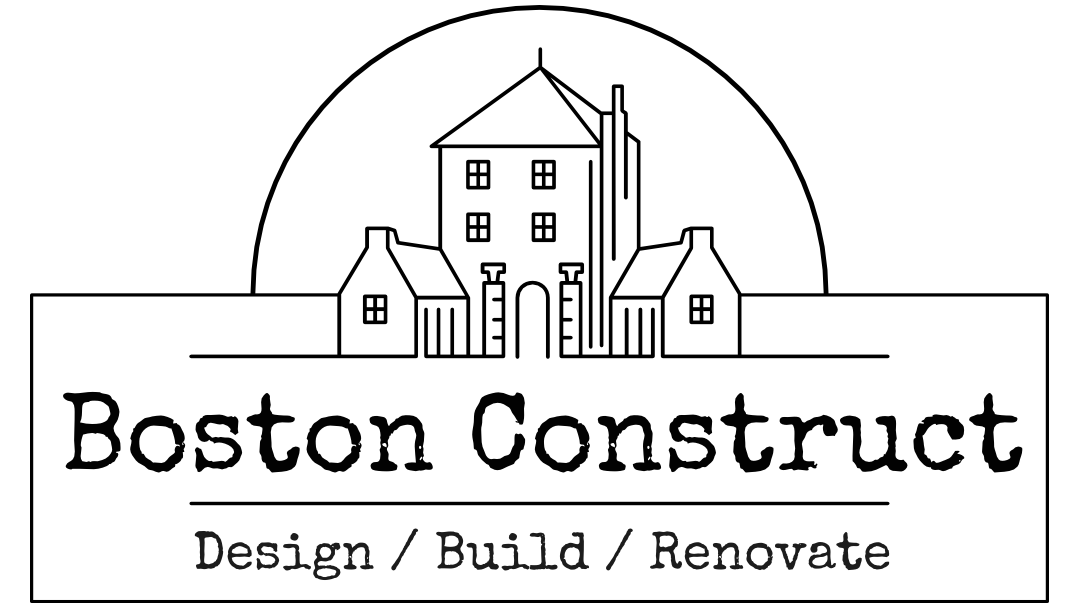Economics of Building an Accessory Dwelling Unit
Accessory Dwelling Units (ADUs) remain one of New England’s most cost-effective and practical ways to add a new home or additional housing unit on an existing property. Despite their relative affordability compared to traditional, large-scale new construction projects, ADUs still necessitate a significant upfront financial investment that often requires securing external financial assistance. Whether homeowners are building these units to accommodate extended family members, close friends, or to generate rental income, many face considerable challenges in obtaining the necessary funds to move forward. The current economic environment—with persistently high interest rates and steadily rising construction costs—has slowed the overall pace of ADU development across the region. However, encouragingly, recent changes and innovations in financing options are gradually beginning to reverse this downward trend.
Lenders throughout New England have quickly recognized the expanding market and growing consumer demand for ADU financing and have responded by developing specialized loan programs. Financial institutions such as Bangor Savings, Cape&Coast (formerly Cape Cod Co-op), Kennebunk Savings, Cape Cod Five, and Seamen’s Bank now offer a variety of ADU-specific loan products that incorporate tailored underwriting criteria designed to better meet the unique needs of these projects. These programs seek to make ADU construction more accessible, affordable, and financially manageable for a wider range of homeowners interested in building these valuable housing solutions.
In addition to the efforts of private lenders, there is significant untapped potential for state housing agencies—such as MassHousing and MaineHousing—to assume a more proactive and collaborative role in expanding ADU financing options. By partnering strategically with commercial banks to underwrite and finance ADU construction loans and then purchasing those loans on the secondary market, these agencies could help establish a sustainable financing model similar to the secondary mortgage market currently facilitated by entities like Fannie Mae and Freddie Mac. This approach would create a new pathway for affordable, long-term funding for ADUs.
Implementing such a program could offer homeowners access to affordable, 30-year fixed-rate loans at competitive interest rates near 4%, delivered in a manner that requires no direct cost or additional burden to taxpayers. For context, Massachusetts presently issues 30-year bonds at approximately 3.5%, demonstrating that this financing approach is both fiscally responsible and efficient. A state-backed ADU loan buy-back system would not only stimulate meaningful housing development on a broad scale but also provide vital financial support for homeowners looking to create additional living spaces. Ultimately, this innovative and scalable financing solution could play an important role in helping to alleviate New England’s ongoing housing shortage.

